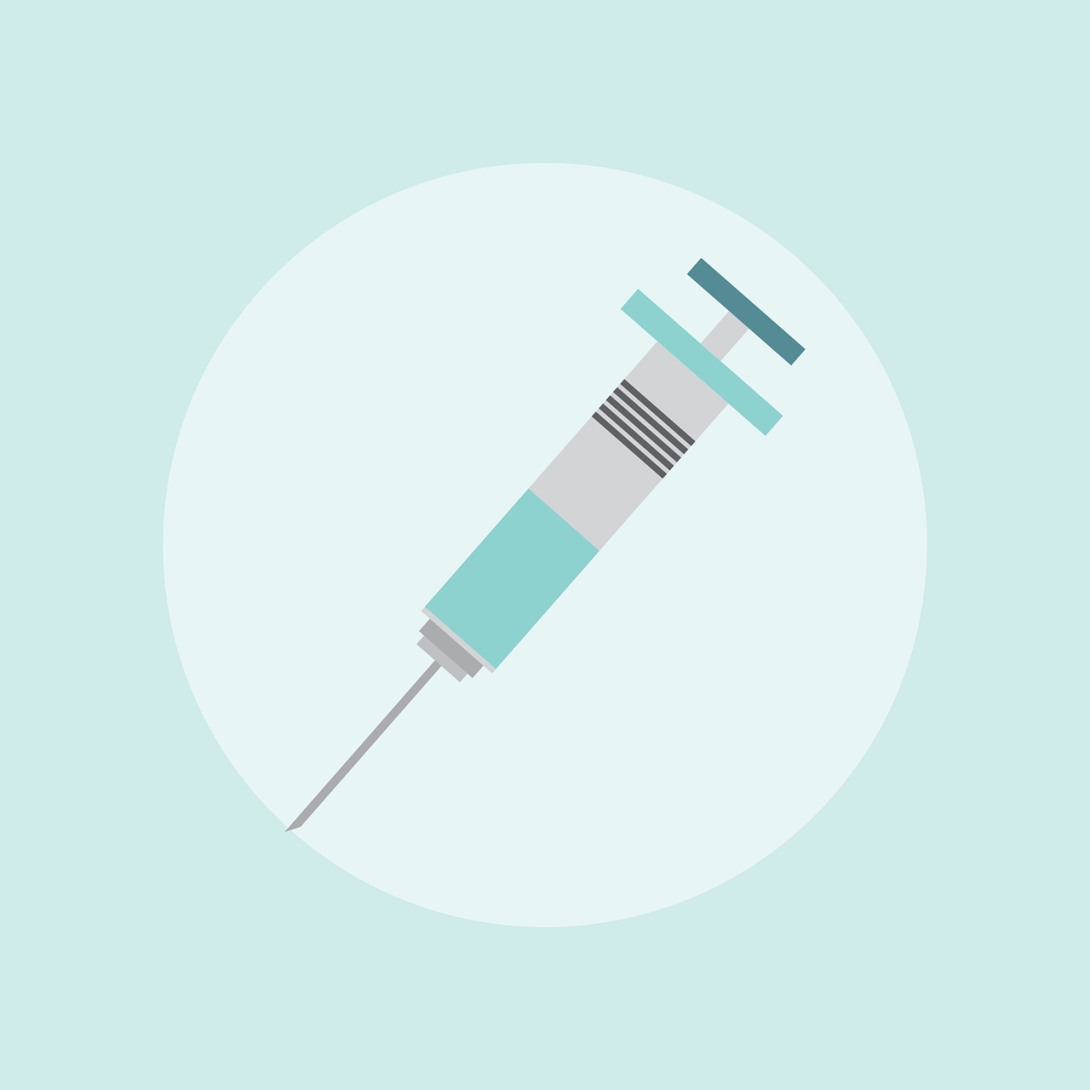Some NHS cancer patients are set to see reduced drug treatment times, thanks to the roll out of an anti-cancer injection that only takes seven minutes to administer.
The Medicines and Healthcare products Regulatory Agency (MHRA) has approved the jab and the NHS is set to become the first health service in the world to use it.
Currently, patients receive the life-extending immunotherapy atezolizumab (Tencentriq®) in hospital directly into their veins via a drug transfusion. This usually takes around 30 minutes to administer, though can take up to an hour when it is difficult to access a vein.
It is expected that the majority of the approximately 3,600 patients starting treatment of atezolizumab annually in England will switch to the injection. However, where patients are receiving intravenous chemotherapy in combination with atezolizumab, they may remain on the transfusion.
The new treatment will not cost the NHS any more, thanks to the existing commercial deal negotiated between NHS England and the manufacturer Roche.
NHS national director for cancer Professor Peter Johnson said: “The world-first introduction of this treatment will mean that hundreds of patients can spend less time at the hospital and will free up valuable time in NHS chemotherapy units.
“Maintaining the best possible quality of life for cancer patients is vital, so the introduction of faster under-the-skin injections will make an important difference.
“Today’s announcement is the latest in a series in the 75th year of the NHS that highlights how an innovation-driven health service is securing the most advanced cancer treatments for patients.”
Dr Alexander Martin, a consultant oncologist at West Suffolk NHS Foundation Trust said: “This is great news for both patients and clinicians. We welcome any new initiative that brings speedier treatment to patients and gives them more comfortable care.
“This approval will not only allow us to deliver convenient and faster care for our patients, but will enable our teams to treat more patients throughout the day.”
Image by Memed_Nurrohmad from Pixabay


